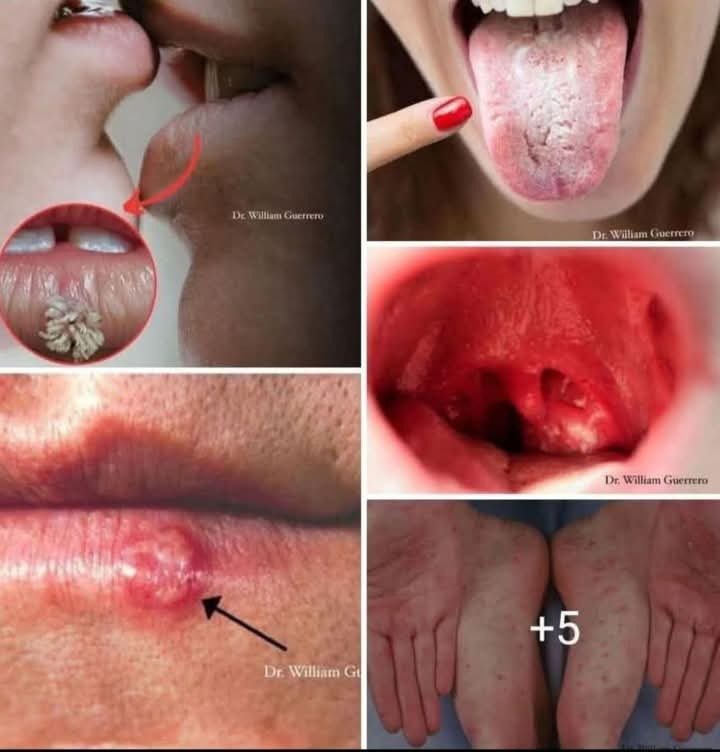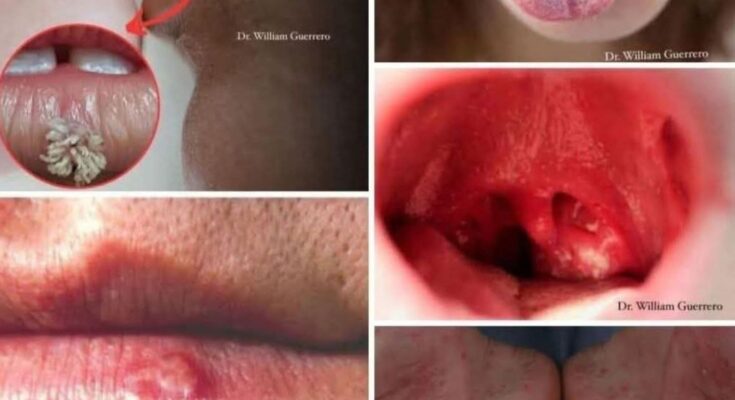A white tongue is often an alarming sign that something is not quite right with your health. While it may seem like a minor issue, a white-coated tongue can indicate underlying health problems that should not be ignored. It is essential to understand the causes, symptoms, and treatments associated with this condition to maintain good oral and overall health.
What Causes a White Tongue?
A white tongue occurs when the papillae (small bumps on the tongue) become inflamed or enlarged, allowing debris, bacteria, and dead cells to accumulate. Several factors can contribute to this condition, including:P
oor Oral Hygiene – Not brushing or scraping your tongue regularly can lead to the buildup of bacteria and dead cells, resulting in a white coating.
Difficulty swallowing
A dry or rough texture
Red or inflamed patches
A foul taste in the mouth
If your white tongue is accompanied by pain, difficulty swallowing, or persistent symptoms lasting more than two weeks, you should seek medical advice imme
diately.
How to Treat a White Tongue
The treatment for a white tongue depends on the underlying cause. Here are some effective remedies and medical treatments:
1. Maintain Good Oral Hygiene
Brush your teeth twice a day and clean your tongue using a tongue scraper or toothbrush.
Use an antibacterial mouthwash to reduce bacteria buildup.
Floss daily to remove plaque and food debris from between teeth.
2. Stay Hydrated
Drink plenty of water throughout the day to keep your mouth moist and flush out bacteria.
Avoid excessive consumption of caffeine and alcohol, as they can contribute to dehydration.
3. Improve Your Diet
Eat a balanced diet rich in fruits, vegetables, and whole grains to provide essential vitamins and minerals.
Avoid overly sugary or acidic foods that may promote bacterial growth.
4. Home Remedies
Saltwater Rinse: Gargling with warm salt water can help reduce bacteria and soothe irritation.
Baking Soda: Brushing with baking soda can neutralize acidity and remove bacteria from the tongue.
Probiotics: Consuming probiotic-rich foods like yogurt can restore a healthy balance of bacteria in the mouth.
5. Medical Treatments
Antifungal Medication: If oral thrush is the cause, antifungal lozenges or mouth rinses may be prescribed.
Vitamin Supplements: If a nutritional deficiency is the culprit, taking the necessary supplements can help improve the condition.
Antibiotics: If the white tongue is due to a bacterial infection, antibiotics may be required.
Lifestyle Changes: Reducing smoking and alcohol intake can prevent irritation and
bacterial overgrowth.
When to See a Doctor
While a white tongue is usually harmless and temporary, you should consult a doctor or dentist if:
- The white patches last more than two weeks.
- You experience pain, swelling, or difficulty eating and drinking.
- There are red patches, sores, or bleeding in the mouth.
- You have a history of an immune system disorder or recent antibiotic use.
Final Thoughts
A white tongue is often a sign that your body is trying to tell you something. Whether it’s due to poor oral hygiene, dehydration, or a medical condition, addressing the root cause is essential for maintaining a healthy mouth and overall well-being. By practicing good oral care, staying hydrated, and seeking medical attention when necessary, you can ensure your tongue stays clean and healthy.

